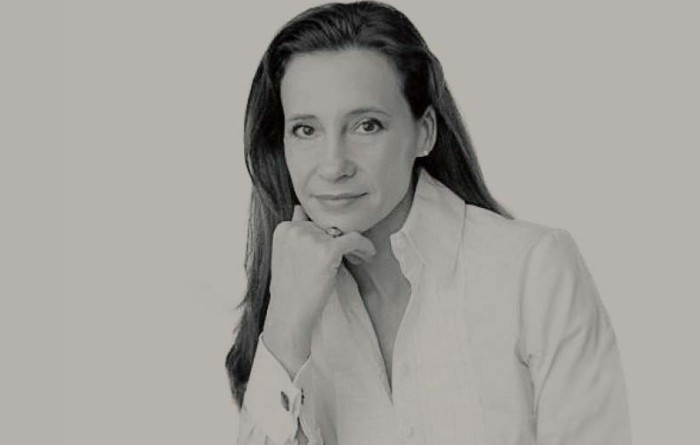
Singapore has been drawing in multinational corporations to set up global or Asia Pacific functions in the nation – with the likes of Unilever and Mead Johnson having set up here in recent years. One of the most recent of these is Shell, which set up its regional headquarters in Singapore this year.
I caught up with Traci Alford, head of fuels branding for Shell.
Traditionally from a FMCG marketing background, Alford cut her teeth at Cadbury Schweppes working on brands such as Schweppes, Dr Pepper, Seven Up, as well as Cadbury, Trident and Halls.
She also talks about moving through several different roles over the years – brand management, key account management at Walmart, business director and even finance.
But holding a global marketing role has its challenges.
“From an external perspective it’s gauging how much you should standardise as opposed to localising. All big companies have that challenge,” she says.
The next challenge comes internally – managing a global team. For Alford, she is the only one of her global team in Singapore, while the rest are based in Europe. She says she was based here for the company to have a greater focus on the East.
“Everyone has different agendas; everyone is in a different life cycle. There are external factors, different competitive sets. Taking multiple countries on a journey can be a challenge,” she says.
Shell’s marketing philosophy
Then there is the challenge of marketing fuels – a traditionally sensitive sector to mass-market.
If there was ever any doubt, BP’s 2010 oil spill fiasco only highlighted the sensitive nature of the business. Shortly after, Shell launched its bold brand positioning with its global brand campaign, “Let’s Go”, intending to showcase how Shell is behind multiple energy sources and cleaner fossil fuels. This ran without a hitch until 2012 when Greenpeace activists led a fake counter campaign mocking Shell.
In general, for Shell’s fuels business, marketing primarily takes place through its distributor model or its retail experience.
“The key marketing strategy for our fuels is to ensure we have a great experience. The difference between fast-moving consumer goods and the retail environment is that it has to be holistic. When someone drives under the canopy, tops up his fuel, does the pump work? Does the pay system work? There needs to be a consistent retailing experience as well as making sure you build a differentiating fuel brand.”
Another part of Shell’s strategy is to bank on the premiumisation of its products – selling on the idea of a higher variant of the product in question. This is a strategy she is familiar with. She was with Cadbury when it bought an organic business, creating the world’s first fair trade chocolate and effectively beginning the premiumisation of Cadbury’s product, which was traditionally mass-market only.
“The way we are structured, we will always be quality or premium. We will never be price fighters because that’s just not who we are. We pride ourselves on being technologically advanced, having the best in the world.”
From FMCG to fuels
And there are many more disciplines she is bringing from her staunch FMCG background.
First, despite the company’s fairly painful experience online, digital is where she hopes to take the brand. In terms of media spend, it only takes up 10% of the budget. But she believes the brand needs to increasingly be part of a dialogue with consumers.
“For a business like Shell, it is difficult, not everybody likes us for various reasons. We have to be selective; we take incremental steps instead of running out there. Not all digital mediums are for all businesses, not all of them drive value,” she says.
Another thing she believes her FMCG background has brought to her current role is rigour and process when it comes to planning marketing disciplines.
“I have a philosophical belief there are two things that make companies outstanding – one is the brand, two is the people. Do I have the right people in place and are they delivering? So the latter is about having more discipline,” she says.
“Some marketers have the misconception that marketing equals communication and that the main goal is making money. But it is ensuring that what we do every day is delivering something for the bottom line, and not just in the short term.”
The next thing is focus. She talks about modelling the budget on where the company sees the most impact. “If we have to make choices from investment preferences – if we can’t do it well, we don’t do it in that country. We do it in the countries we can. Once we get those economies of scale or value, we spread the pie. It is more around budget allocation.”
Fuelled by fact
Ultimately, she describes herself as an “insights-based” marketer, which she explains, is necessary for her global remit.
“The challenge you have in a global role is your instincts are going to be based on your experience. Over a period of time, you have to come off that base. When you are having a dialogue with an individual country, you have to look at the facts.”
JWT has been working with Shell globally as its creative agency for the past decade, and Edelman for public relations duties for the past four to five years.